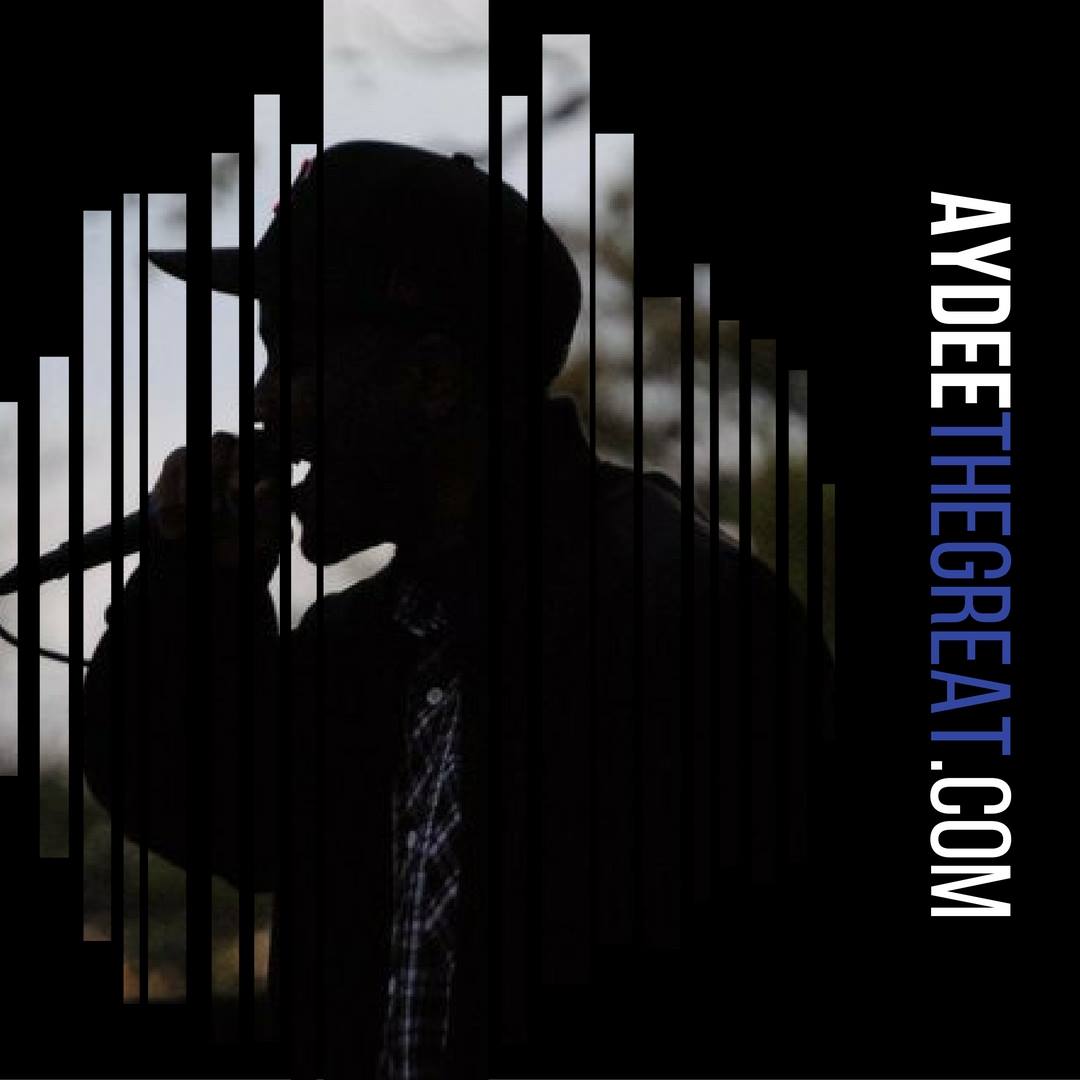
17 Sep It’s Not My Job To Absolve White Friends Of Racism, But It Can Seem That Way [from The Guardian]
It starts like this: in a conversation, in an email, in a private Facebook message or tagged in a Facebook thread, a white friend or acquaintance lays out a scenario for me, seeking a supposedly neutral party’s opinion. The person explains what they innocently said, who responded, how his or her intent was misinterpreted and then waits for me to tell it how I see it. I’m good at explaining things in a way that’s not too aggressive, they say; I’m thoughtful; I don’t jump to conclusions or take things the wrong way; I’m “articulate.”
What these friends always want is my public absolution, as a black person on behalf of all black people: they want to be told they aren’t really racist. It’s a power they must think is only accorded people like me – the power of approval, the ability to somehow forgive them for sins past and present.
Most white people don’t have any black friends. For many of those who do, there’s a hidden requirement. This is where I come in. I’m the Safe Black Guy – a regular black guy who’s perceived, because of my position or proximity to them, as less threatening than other black guys. I often find myself the sole black friend of many white people, the stand-in for the entirety of my race, my white friends’ go-to expert witness in the ongoing trial to be perceived as (at least) not racist, their alibi in the court of public opinion.
What I think they want me to say is: “If people of color could just see that most white people don’t intend to be racist, the world could be a much better place.” I can’t say that; I don’t believe it. Understanding someone’s conscious intentions is important, but the best intentions aren’t a free pass to be insensitive, ignorant or offensive. Racist intent isn’t a requirement for racism.



No Comments